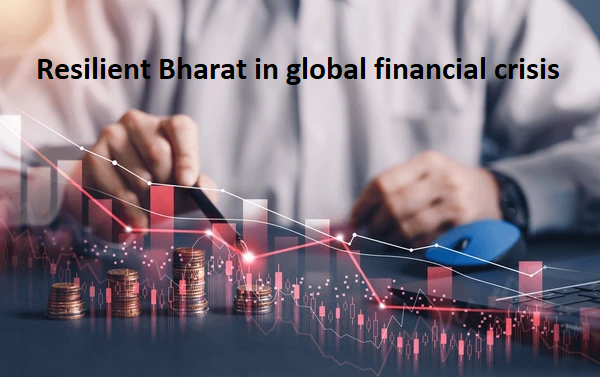
Global Standards with FTAs
- November 15, 2024
- 0
For an open economy, nations should devise as many instruments as there are targets to hit.
Having failed to persue such issues in WTO, advanced nations have found FTAs easier to incorporate. All trade agreements by these nations contain non-trade issues, such as environment, labour standards and gender.
The extent to which such non-trade issues are accepted in FTAs is be determined by several factors. At present, the following are essential determinants:
- India’s economic policy actions must align with its ambition to become a developed country by 2047.
- WTO is unlikely to be effective for the next few years. Hence, FTAs are important tools for trade and industry policy.
- Due to its ambivalence on FTAs, India has allowed itself to be excluded from major region trade arrangements, thereby losing potential trade advantages to its competitors.
- India is a signatory to most multilateral environmental agreements and labour and gender-related conventions. It shouldn’t be shy about conforming to those obligations.
- It has taken ambitions policy action to conform to its obligations, so much so that its development plans include ambitions targets in some areas, such as climate mitigation and decarbonisation.
- Emerging geopolitical dynamic and its forward policy action positions India at a vantage point for forward movement.
- India would continue to offer a vast market of middle-class buyers for many years. It could leverage this market for its trade expansion. It can, consequently, calibrate the pace at which it would adopt such obligations.
- It’s hard to maintain that trade has nothing to do with some non-trade issue, such as environment and some labour-related aspects. So, the argument that they should remain separate is no longer tenable.
- The strong argument for developing countries should be differentiated responsibility, and the need to address lack of physical and financial capacities. This must guide India’s negotiating positions.
Recognising its long-term economic objectives, India can adopt a carefully calibrated approach that safeguards its interests, while reassuring its trading partners.
It’s hard to avoid trade agreements with green elements. The faster we decide, innovate and prepare, the better for us.
































































